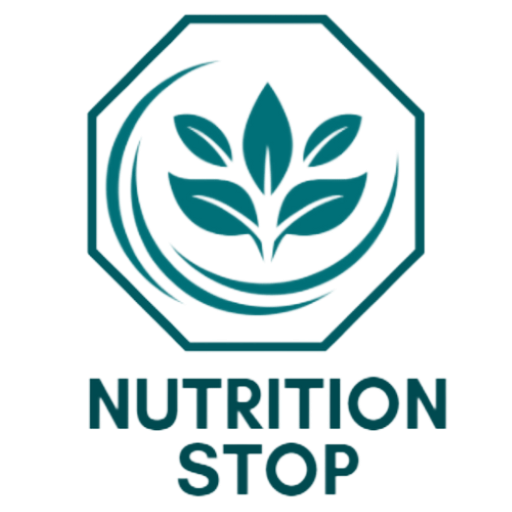Serotonin, often referred to as the "happy hormone," plays a pivotal role in regulating our mood, emotions, and overall well-being. This powerful neurotransmitter influences various physiological and psychological processes in our body. However, the production of serotonin requires specific co-factors, such as tryptophan, rhodiola, niacin, magnesium, and zinc. In this blog, we delve into the benefits of serotonin and explore the significance of these co-factors, both through dietary sources and supplements, in promoting its synthesis for optimal mental and emotional health.
Understanding the Benefits of Serotonin
Serotonin serves as a vital neurotransmitter with numerous benefits that positively impact our lives:
-
Mood Enhancement and Emotional Well-being: Adequate serotonin levels are associated with feelings of happiness, contentment, and emotional stability. It helps regulate mood, reducing symptoms of anxiety and depression.
-
Stress Reduction: Serotonin aids in managing stress by promoting relaxation, reducing the impact of stress hormones, and improving our ability to cope with challenging situations.
-
Sleep Quality and Regulation: Serotonin plays a role in promoting healthy sleep patterns, helping to regulate the sleep-wake cycle and improve the overall quality of sleep.
-
Cognitive Function and Mental Clarity: Optimal serotonin levels contribute to enhanced cognitive function, memory, focus, and overall mental clarity.
Co-Factors for Serotonin Synthesis
-
Tryptophan:
- Tryptophan is an essential amino acid that serves as a precursor for serotonin synthesis.
- Dietary sources: Incorporate tryptophan-rich foods into your diet, such as turkey, chicken, eggs, dairy products, nuts, seeds, and legumes.
-
Rhodiola:
- Rhodiola, an adaptogenic herb, supports serotonin synthesis by modulating the stress response and promoting overall well-being.
- Supplements: Consider incorporating Rhodiola supplements, following recommended dosage guidelines, to support serotonin production.
-
Niacin (Vitamin B3):
- Niacin is vital for converting tryptophan into serotonin, facilitating the synthesis process.
- Dietary sources: Include niacin-rich foods like poultry, fish, nuts, seeds, legumes, whole grains, and leafy green vegetables in your meals.
-
Magnesium:
- Magnesium is an essential mineral that supports serotonin production by acting as a co-factor for key enzymes involved in the synthesis process.
- Dietary sources: Consume magnesium-rich foods such as leafy greens, nuts, seeds, legumes, whole grains, and dark chocolate.
-
Zinc:
- Zinc is involved in the conversion of tryptophan to serotonin and is necessary for optimal neurotransmitter function.
- Dietary sources: Incorporate zinc-rich foods into your diet, including oysters, beef, poultry, pumpkin seeds, nuts, and legumes.
Balancing Serotonin with Food and Supplements
Achieving and maintaining optimal serotonin levels involves a holistic approach that combines a balanced diet and, when necessary, supplementation:
-
Dietary Approach: Include tryptophan-rich foods, along with sources of rhodiola, niacin, magnesium, and zinc, in your daily meals to support serotonin production naturally.
-
Supplement Consideration: If needed, consider incorporating natural supplements like Rhodiola, niacin, magnesium, and zinc supplements to ensure adequate levels of these co-factors.
By understanding the benefits of serotonin and its essential co-factors, you can make informed choices to support its synthesis through dietary sources and targeted supplementation. Nurturing your serotonin levels can lead to improved mood, reduced stress, better sleep quality, and enhanced cognitive function, empowering you to embrace life with a positive and balanced mindset.
Incorporating serotonin-rich foods into your diet or taking supplements found at Nutrition Stop like Natural Stacks Serotonin Brain Food that increase serotonin levels, can help to improve your overall health and well-being.
(Note: The information provided in this blog is for educational purposes only and does not constitute medical advice. Please consult your healthcare professional before starting any new supplements or treatments.)


1 comment
Do you have a supplement to stop smoking.